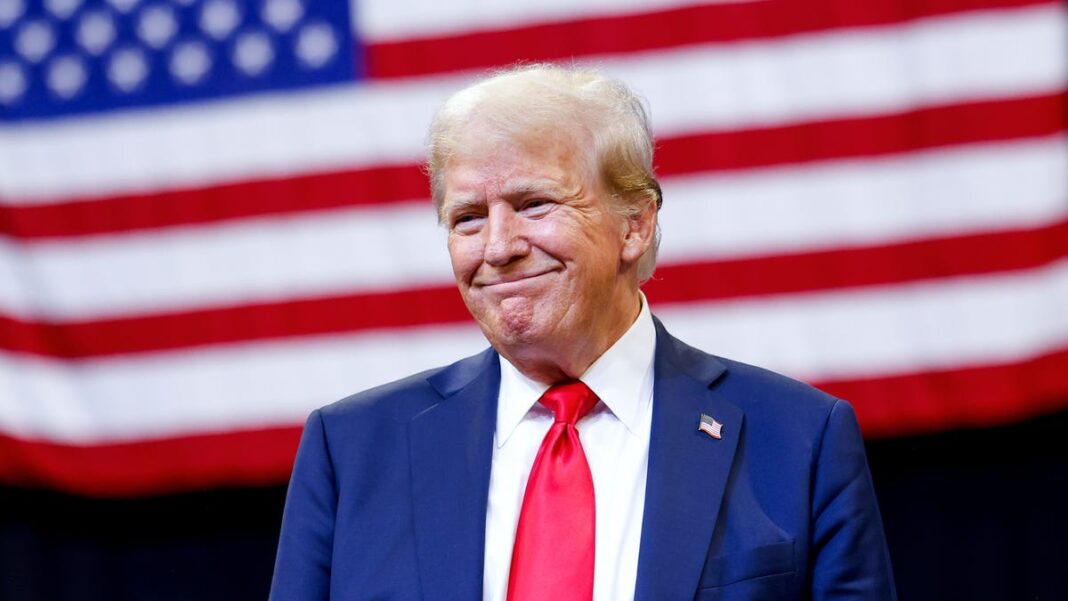What Trump’s Election Victory Reveals About Cancel Culture
Former President Donald Trump is poised to take the presidency again. This news brings relief to many Americans while leaving others confused.
After losing the 2020 election, numerous individuals speculated that Trump would face severe backlash following the January 6 insurrection, compounded by ongoing legal troubles and provocative remarks. As a convicted felon facing allegations of sexual misconduct from 19 women and criticized for his racially insensitive rhetoric, many believed he would be “canceled.” Moreover, a former chief of staff claimed Trump had praised Hitler. Regardless of one’s political views, it’s undeniable that prominent figures have suffered cancellations for far less. Yet, a significant portion of voters chose to prioritize economic and immigration issues over political correctness. So, is cancel culture itself effectively over?
One user on X shared: “This election was a total pushback against the Democrat party platform in all aspects. We are FREE. We should speak up about supporting Trump and our beliefs. No more cancel culture!” Another remarked, “Trump’s win is already mending the nation, illuminating the absurdity of cancel culture.”
Trump’s success may indicate that “cancel culture” may have been exaggerated – and enforcing accountability for one’s actions isn’t straightforward. Many public figures have not faced lasting repercussions; neither J.K. Rowling with her anti-trans views nor Louis C.K. with his alleged misconduct have been truly canceled. Even Kanye West continues to create and perform.
“Different standards have always existed for varying individuals, particularly for powerful and affluent white men,” states Jennifer Billinson, an assistant professor and director of the communication and media program at Nazareth University. “Donald Trump epitomizes this reality.”
The Origins of ‘Cancel Culture’
The term “cancel culture” can be traced back to the 1980s, originating from a song by Chic that used the term within the context of broken relationships, explains Ange-Marie Hancock, a professor at The Ohio State University and author of “Intersectionality: An Intellectual History.”
Initially a part of Black culture, the term evolved to signify a demand for accountability.
Today, “it’s often used by those whose political and social viewpoints are dwindling in popularity and who face repercussions for views that were once widely accepted, like in the 1990s,” notes Lara Schwartz, a senior lecturer at American University and author of “Try to Love the Questions: From Debate to Dialogue in Classrooms and Life.”
The advent of social media and the rapidly shifting standards for what constitutes acceptable behavior have fueled an increase in “cancellations,” occurring not just in legal settings but also in the public sphere. The #MeToo movement of 2017 brought the issue of cancel culture to the forefront, yet strong cancellations seem to be diminishing.
Online reactions might not lead to enduring “cancellations” of famous individuals, much less a political figure with Trump’s bold persona, suggests Melvin Williams, an associate professor of communication and media studies at Pace University.
Is ‘Canceling’ Coming to an End?
Will cancellation occur again? Opinions vary. Many individuals have criticized the “PC police” and the concept of cancel culture for years.
“In Trump’s case, many disapproved of his remarks and behavior but felt differently about his character,” explains psychologist René Carr.
Conversely, some believe that following Trump’s second presidency, cancel culture could rise in prominence. A user on X commented: “It’s amusing how the right sees Trump’s term as a demise for (wokeness). Truth is, it was the post-Trump era that gave rise to cancel culture and the MeToo movement. Expect a significant shift to the Left.”
Is that accurate? Billinson argues that America is currently split on the future of cancel culture. “As a society, we determine who deserves to make reparations and what we are willing to accept concerning our leaders’ words and actions. Presently, there is no consensus in the United States on what should be disqualifying behavior.”

